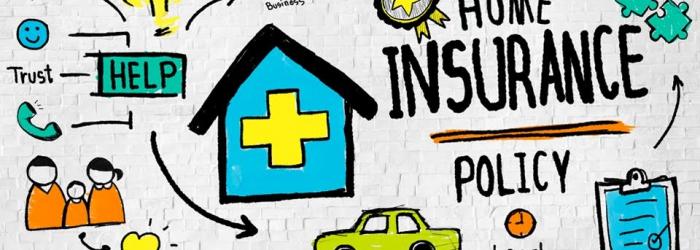
Homeowners need to be able to buy good insurance coverage and understand what they are buying. When losses occur, insurance companies need to deliver on the protection they have promised. The Essential Protections for Policyholders project analyzes and recommends state laws that make sure that happens.
Every state regulates homeowners insurance and insurance companies, but states differ dramatically in how much and what kind of regulation they provide for the benefit of policyholders. The Essential Protections provide a roadmap in four categories that every state can follow in improving homeowners insurance.
READ A SUMMARY OF THE ESSENTIAL PROTECTIONS
SPECIAL REPORT: USE IT AND LOSE IT
SPECIAL REPORT: CONSUMER REMEDIES
Why Essential Protections?
The purpose of property insurance is to be a source of peace of mind and funds to pay for loss recovery. Fires, accidents, and storms cause expensive damage. A consumer that carries property insurance reasonably expects that it will pay for damage repairs and rebuilding. Policyholders expect their insurance companies to be trusted partners in the process of coping with losses.
But insurance company products and employees do not always meet policyholders’ reasonable expectations as to the loss recovery funds and claim service their policies will provide. Consumers are limited in their ability to shop effectively for insurance by a lack of information. Policies offered by some insurance companies may have gaps in coverage. Sometimes the policies offered by every company lack the complete coverage that policyholders need and expect. The promise of security can be frustrated by complex, confusing, and surprising terms in insurance policies. And when losses occur, disputes can arise between policyholders and their insurance companies about the extent of coverage under the policies and the scope and value of the losses.
To address these problems, homeowners insurance is heavily regulated by state law. Legislatures, insurance departments, and courts recognize that the market for insurance can be improved and that insurance carries an important public interest that requires legal regulation.
Again, every state regulates insurance and insurance companies, but states differ dramatically in how much and what kind of regulation they provide for the benefit of policyholders. The Essential Protections provide a roadmap that every state can follow in improving homeowners insurance. The Essential Protections also provide a scorecard to evaluate states’ current systems of regulation and to identify areas for improvement.
What protections are essential for homeowners?
States regulate many aspects of homeowners insurance, and the Essential Protections for Policyholders project focuses on those that are—essential. We had two selection criteria for deciding what to include:
First, the issue had to be important. United Policyholders has decades of experience aiding and advising homeowners about their insurance which provided a unique resource to generate and evaluate potential topics. I have studied the insurance landscape and written scholarly and popular works on the topic. Both UP and I also talk to many people professionally involved in insurance.
Second, the issue had to be one in which state legislation or regulation directly concerns the relationship between homeowners and their insurance companies. That excluded many potential topics such as improving the consumer complaint process that insurance departments administer or interpretation of insurance policy language.
The product is a list of key issues for insurance consumers in four categories: Buying insurance, Coverage, the Claims Process, and Disaster Victims:
